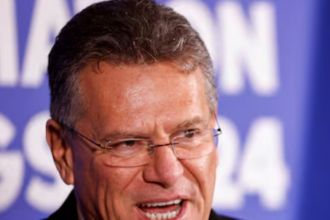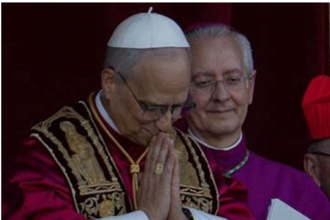Kampala, Uganda – In a recent address, Ugandan President Yoweri Museveni reiterated his government’s commitment to a multi-party-political system, stating that he does not intend to “extinct” the opposition, despite ongoing political clashes and concerns over the treatment of dissenting voices.
The statement comes amidst a backdrop of heightened political tension in Uganda, with opposition figures frequently alleging harassment, arbitrary arrests, and limitations on their ability to organize and campaign. These allegations have raised concerns internationally about the state of democracy in the East African nation.
While acknowledging the existence of political rivals, President Museveni emphasized the importance of focusing on national development and unity. He stated that while disagreements are inherent to a multi-party system, they should not impede progress towards shared goals.
Prominent Ugandan opposition politician Kizza Besigye lingered in prison after his arrest in Kenya.
The opposition leader’s wife continues to maintain that “he was seized in Nairobi and held in a Kampala jail” as she calls for his immediate release
Besigye, 68, a doctor and critic of President Yoweri Museveni, was brought to the Makindye General Court Martial under a heavily armed military escort on Wednesday.

“We are not interested in extinguishing the opposition,” President Museveni stated during his address. “We believe in a vibrant political landscape, but that landscape must be built on a foundation of respect for the law and a commitment to national unity.”
However, the President also reiterated his stance against what he termed “subversive activities” and “unconstitutional behaviors.” He warned that any actions deemed to destabilize the country or incite violence would be dealt with firmly, regardless of the political affiliation of the perpetrators.
The President’s remarks have been met with mixed reactions. Some opposition figures have expressed skepticism, pointing to past instances of political repression and the continued restrictions on their activities. They argue that the government’s actions contradict the President’s words and call for concrete measures to ensure a level playing field in future elections.
“We welcome the President’s words, but actions speak louder than words,” said a political analyst who chose to remain anonymous for fear of repression. “We need to see genuine efforts to respect the rights of the opposition and create an environment where we can freely participate in the political process without fear of intimidation or arrest.”
Ugandan political commentators laid the constant intimidation, harassment and torture of opposition at the feet of the President’s son, General Muhoozi Kainerugada, who many believed is being groomed by his father to succeed him.

Others have cautiously welcomed the President’s statement as a potential signal of a more tolerant political climate. However, they emphasize the need for continuous dialogue and reforms to ensure that the rights of all political actors are protected.
International observers are closely monitoring the situation in Uganda, with many urging the government to uphold its commitment to democratic principles and ensure a fair and inclusive political environment for all citizens. The upcoming general elections scheduled to be held in Uganda on 12 January 2026 will be a crucial test of the government’s commitment to these principles.
The debate over the state of the opposition and the future of Ugandan democracy remains a complex and evolving one. While President Museveni’s recent address offers a glimmer of hope for a more inclusive political landscape, the true test will lie in the actions of the government in the coming months and years.









